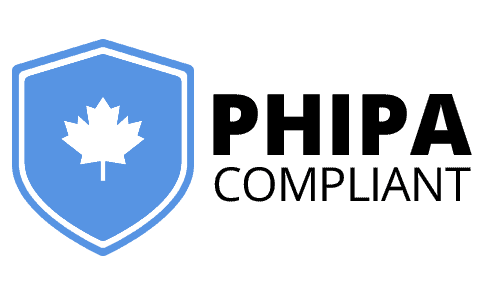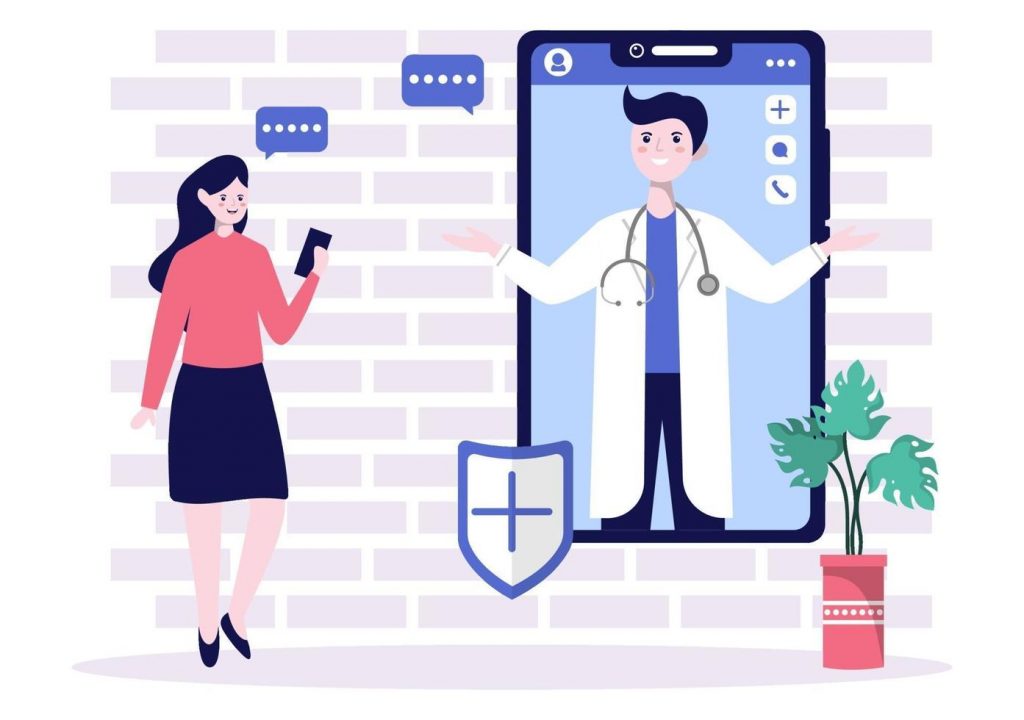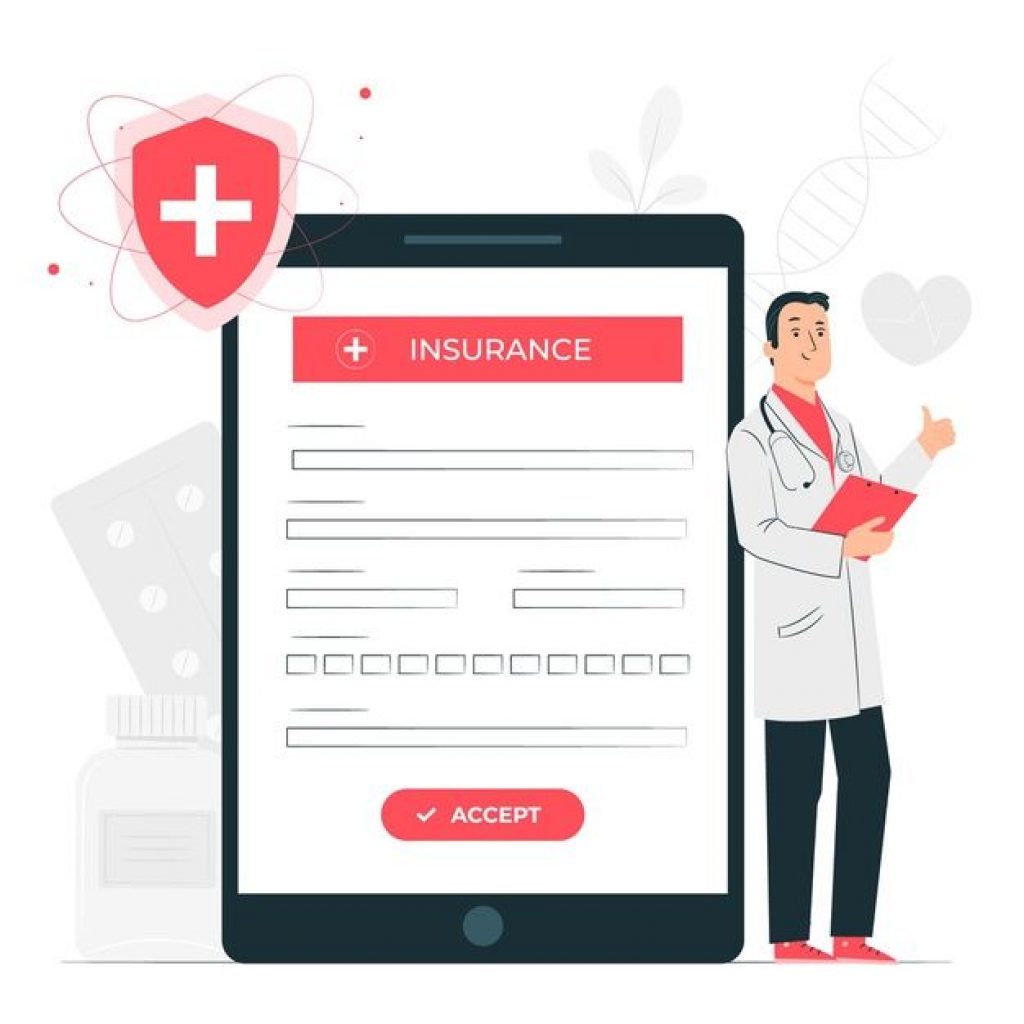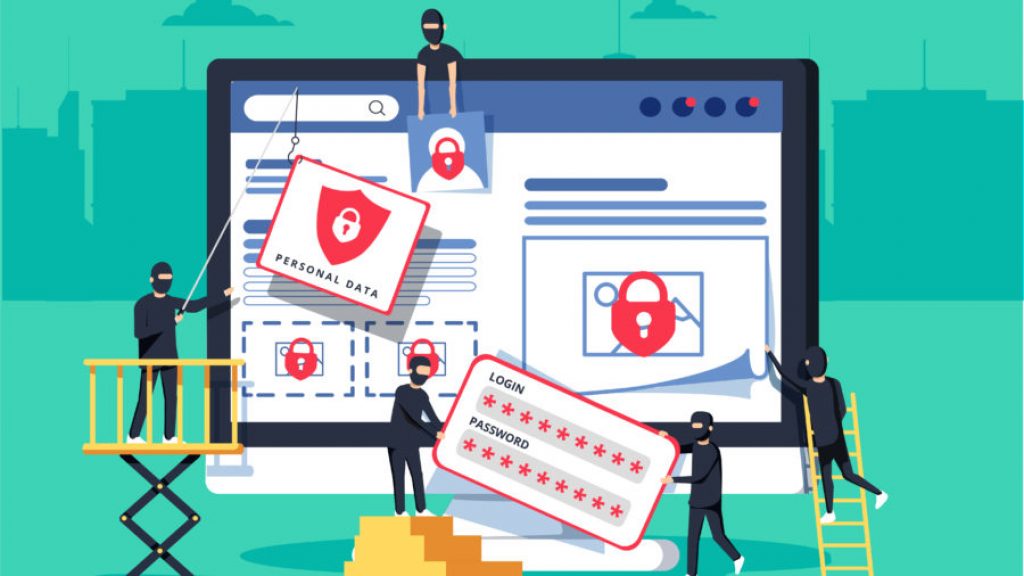
We all know what HIPAA is, but not everyone is acknowledged that in Canada’s Ontario Province, healthcare privacy is regulated by the Personal Health Information Protection Act, or PHIPA. PHIPA is similar to HIPAA in a number of aspects. However, PHIPA contains several requirements that HIPAA does not. Here we would have a brief overview of what it’s about.

Similarities between PHIPA and HIPAA?
Alike HIPAA, PHIPA is a set of rules governing the use, disclosure, and collection of health information. HIPAA regulates the use of protected health information or PHI. In PHIPA PHI is treated differently – as personal health information.
Under PHIPA, personal health information includes the following:
Any “identifying information” about an individual, whether oral or recorded, if the information:

- Relates to the individual’s physical or mental condition, including family medical history; or
- Relates to the provision of health care to the individual; or
- Is a plan of service for the individual; or
- Relates to payments, or eligibility for health care or for coverage for health care; or
- Relates to the donation of any body part or bodily substance, or is derived from the testing or examination of any such body part or bodily substance; or
- Is the individual’s health number; or
- Identifies a health care provider or substitute decision-maker for the individual
Covered Entities vs. Health Information Custodians
While HIPAA regulates the use and disclosure of PHI by covered entities, PHIPA regulates the use and disclosure of personal health information by health information custodians (HICs). Under PHIPA, a HIC is a health care practitioner or a person who:
- Operates an organization that provides health care to an individual; and
- Has custody or control of that individuals personal health information.
HIPAA Privacy Rule vs. PHIPA Part IV
Under the HIPAA Privacy Rule, a covered entity – a provider, health plan, or clearinghouse that electronically transmits health information in connection with certain transactions – may generally not use or disclose PHI unless:
- An exception to the Privacy Rule allows it to; or
- The individual who is the subject of the information (or the individual’s personal representative) authorizes the use or disclosure in writing.
Part IV of PHIPA, “Collection, Use and Disclosure of Personal Health Information”, imposes a similar requirement on HICs. Part IV requires that HICs take “reasonable steps” to protect personal health information against the following:
- Theft;
- Loss;
- Unauthorized use and disclosure; and
- Unauthorized copying, modification, or disposal.
As a custodian, you may become aware of a privacy breach in a number of ways, including:
- During the normal course of business.
- Through a complaint filed by an individual.
- Notification from the Information and Privacy Commissioner of Ontario, when it receives a formal complaint.
Once a custodian becomes aware of the theft, breach, or unauthorized access, the custodian must notify affected individuals.
Differences between PHIPA and HIPAA?
PHIPA differs from HIPAA in several aspects. PHIPA imposes a number of requirements that HIPAA does not.
HIPAA Breach Notification Requirements vs. PHIPA Breach Notification Requirements
Under HIPAA, covered entities are required to report breaches of unsecured protected health information. A covered entity’s breach notification obligations differ based on whether the breach affects 500 or more individual, or fewer than 500 individuals.

If a breach of unsecured protected health information affects 500 or more individuals, that breach is considered a “meaningful breach” under HIPAA, and must be reported within 60 calendar days of its discovery, to the following:
- The Secretary of Health and Human Services.
- Individuals affected by the breach.
- Prominent media outlets in the states and jurisdictions where the breach victims reside.
If a breach of unsecured protected health information affects less than 500 individuals, the breach is considered to be a “non-meaningful” breach under HIPAA. In the event of a non-meaningful breach, the covered entity may notify the Secretary no later than 60 days after the end of the calendar year in which the breach is discovered.
Under PHIPA, the requirements for reporting a breach are more stringent. A health information custodian must notify the Information and Privacy Commissioner whenever (among other circumstances):
- The HIC has reasonable grounds to believe that personal health information (PHI) was used or disclosed without authority by a person who knew or ought to have known that they were using or disclosing the information without authority.
- The HIC has reasonable grounds to believe that, after an initial loss or unauthorized use or disclosure of PHI in the HIC’s custody or control, the PHI was or will be further used or disclosed without authority.
- The loss or unauthorized use or disclosure of PHI is part of a pattern of similar losses or unauthorized uses or disclosures of PHI in the custody or control of the HIC.
- The HIC is required to give notice to a regulated health professional’s governing body or College, in accordance with PHIPA, as it relates to the loss or unauthorized use or disclosure of PHI.
Canadian healthcare organizations doing business in American must be compliant with both PHIPA and HIPAA. HIPAA-software.com simplifies your compliance allowing you to confidently focus on your business. We can help you with your HIPAA compliance needs! All you need to do is to contact us with your question.







